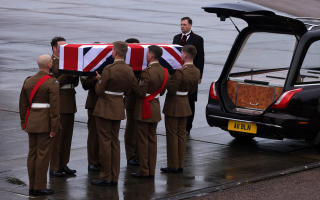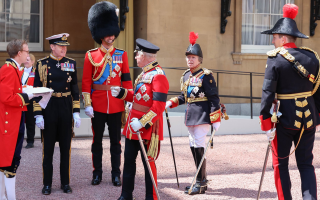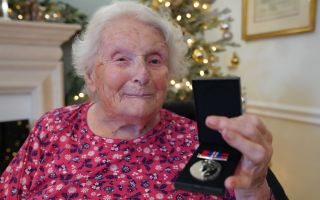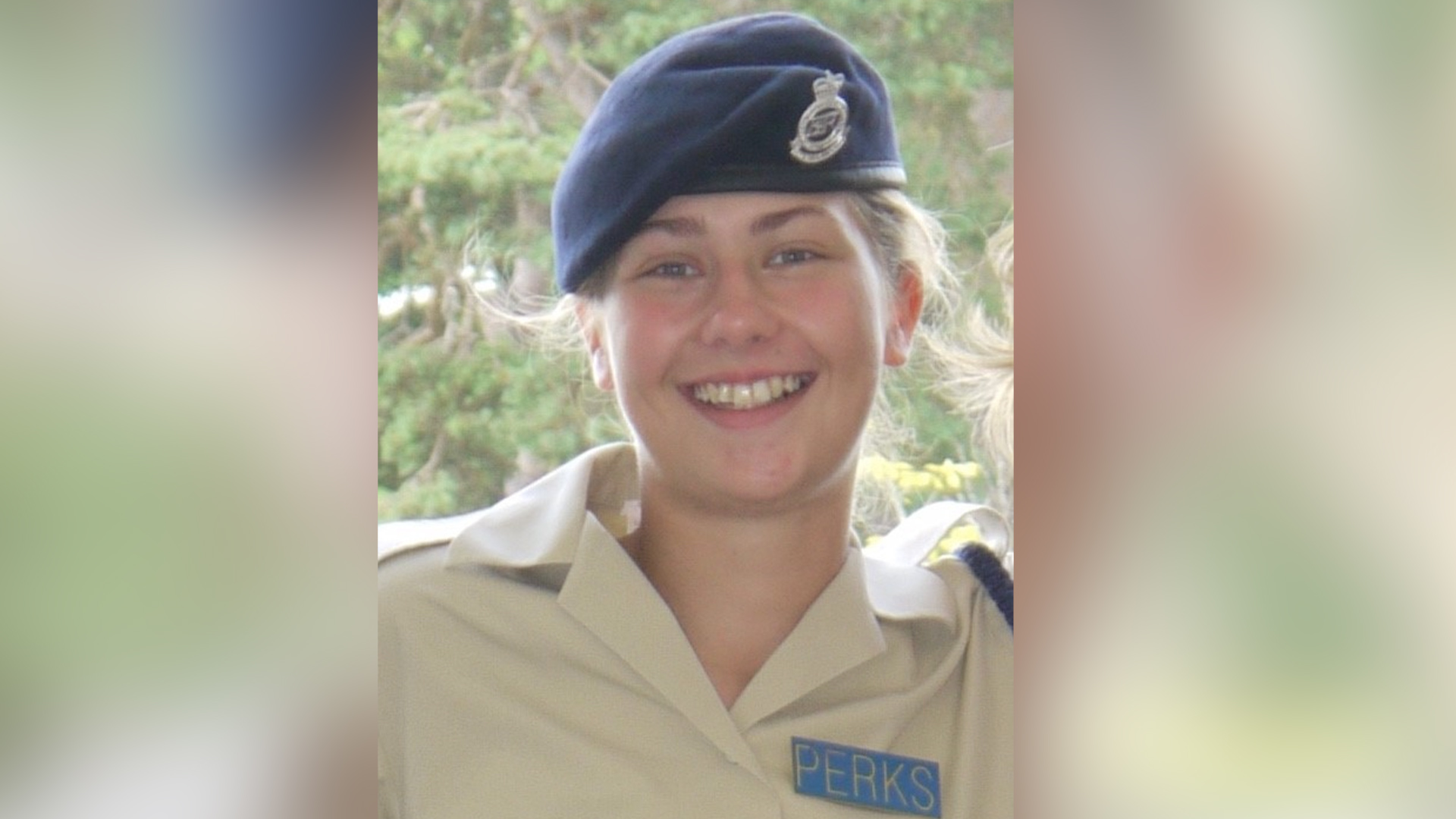
Olivia Perks: Lawyer representing the officer cadet's maternal family speaks out

In February 2019, British Army officer cadet Olivia Perks, 21, was found hanged in her room at the Royal Military Academy Sandhurst in Berkshire.
The inquest was told in January 2023 that the young officer cadet fell victim to "gross sexual misconduct" by senior officers and that "was clearly something on Olivia's mind in her last few days".
Coroner Alison McCormick recorded a conclusion of suicide, adding that the British Army missed opportunities to prevent her death, a "very different" story to the one the MOD told her relatives after she died, her family said.
Here, Ahmed Al-Nahhas, the Bolt Burdon Kemp lawyer representing the maternal family of Olivia Perks, comments in the aftermath of the case.
As a firm we had the great privilege of representing the maternal family of Olivia Perks.
At the time of her death, Olivia was training as an Officer Cadet at Sandhurst and was well liked and thought of by her peers.
Her appraisals and records portrayed a young woman who was tenacious, intelligent and had a bright future.
Unfortunately, she took her own life on 6 February 2019.

The recent inquest into Olivia's death concluded that the British Army missed opportunities to prevent her suicide.
The findings were welcomed by Olivia's mother, who, along with her partner Nigel, have been fighting for the truth – especially as the story presented to the family at the start of this process was very different to the conclusion that has now been reached by the coroner.
They were told by the Ministry of Defence there was nothing more they could have done for Olivia; but the evidence that has been gathered since, and the coroner's decision, tell a very different story.
Some of the key failings, as identified by the coroner, included a "complete breakdown in welfare support" and it was reported that the Sandhurst academy had only one welfare officer for 2,500 staff.
This is not just an indication of a lack of crucial resources, but a cultural misunderstanding of how important 'welfare' is.
Service life is not easy and those who struggle, for whatever reason, need support, guidance and, where necessary, rehabilitation.
There are various systems in place to protect personnel from the stresses of military life and the Ministry of Defence has in many ways led the development of these systems, like the Army's Suicide and Vulnerability Risk Management Policy.
Unfortunately, there are many examples where these systems are being ignored or misunderstood.
In fact, we know that, as an employer, the Ministry of Defence has the worst history in the UK when it comes to Crown Censures.
These are formal warnings handed to employers by the Health and Safety Executive when safety standards drop to a dangerous and unacceptable level.
The evidence of safety failures has been mounting and compounding this is the spectre of cultural issues and inappropriate behaviour.
For many, it was shocking to hear stories of instructors sleeping with cadets.

But we know from the evidence of thousands of women in the recent inquiry into the lives of service women that this type of behaviour often went ignored or unpunished.
We also heard evidence of the drinking culture at Sandhurst, which may have contributed to Olivia's mental health issues.
The real question that the Ministry of Defence faces is, what are you going to do about this?
In her statement after the coroner's decision was reached, Olivia's mother, Louise Townsend, spoke about her wish that lessons would be learned from her daughter's death.
She welcomes the Army's apology for the systemic failings that contributed to Olivia's death.
And she hopes that the implementation of the 61 recommendations from the Service Inquiry will foster change, both in the culture of the British Army and across the wider Armed Forces, to promote a safe and positive environment for all trainees and to ensure that all service personnel of the future are supported in their service to their country, to be the best that they can possibly be.
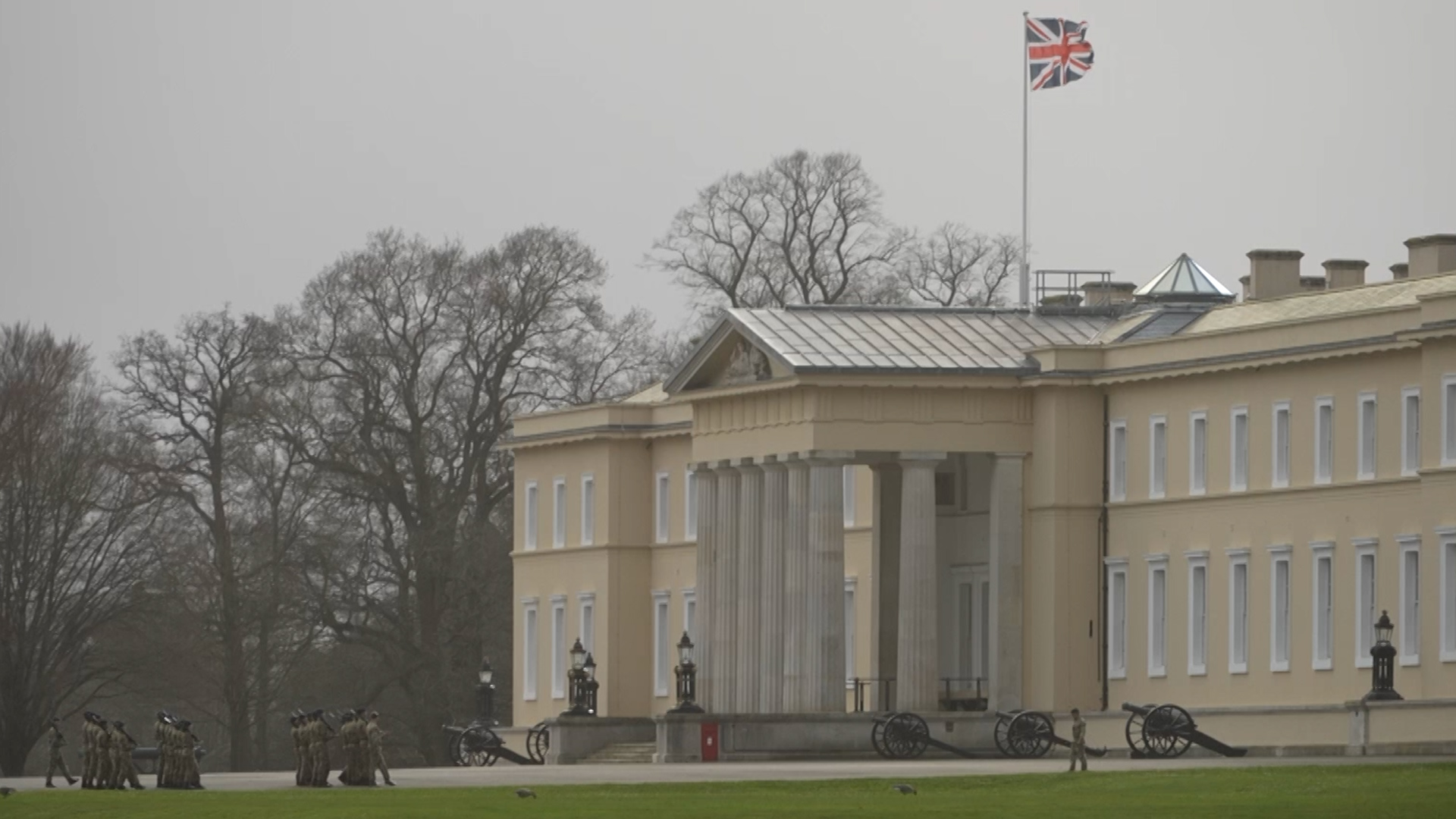
The Ministry of Defence takes pride in its most important resource – people.
According to the Armed Forces Covenant, service is a two-way street. Service personnel serve our nation, but we must also serve them.
Their welfare is paramount so that they are enabled to train and when necessary, fight.
For my client, she wants to ensure that her daughter does not simply become another statistic.
I hope that lessons will be learned by the Ministry of Defence and that a lasting legacy can be created for Olivia.


